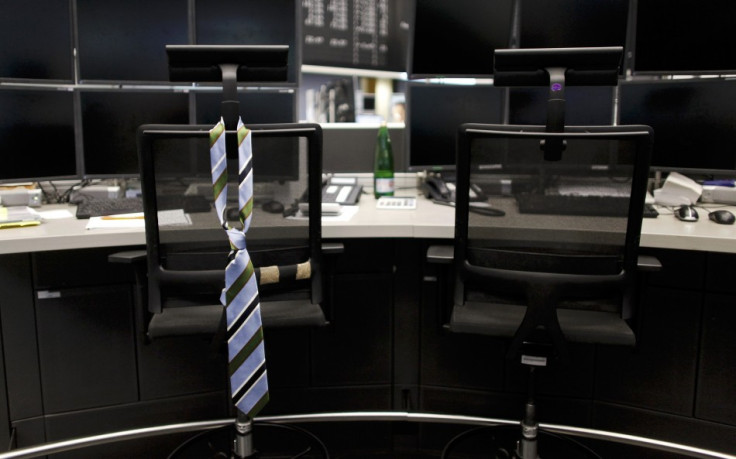Staff Absenteeism Slides to Record Low as Sickies Cost Firms £14bn a Year

Employee absenteeism is at a record low but it still costs the UK economy £14bn from lost output a year.
The Confederation of British Industry (CBI) /Pfizer Absence and Workplace Health Survey 2013 found the average rate of absence to be 5.3 days per worker during 2012, down from 2010's 6.5. One in five employers say they think staff regard pulling a sickie as a perk.
Average absence was much higher in the public sector compared with the private industry. If this gap is closed, it could save the government £1.2bn (€1.38bn, $1.8bn) a year, says the survey of 153 HR managers from organisations employing 850,000 people.
"The record low shows employers are getting much better at tackling the root causes of absence. This is down to stronger staff engagement, initiatives to foster employee health and better re-integration plans after longer-term sick leave," said Neil Carberry, director of employment and skills at the CBI.
"But there is no room for complacency. Clearly, when staff are sick, they should not be in work, but there's a lot more employers can do to tackle absence at a time when growth is fragile.
"The cost of non-genuine sick days is high and it is worrying that more than one in five employers think staff take paid absence as an occasional perk."
Mental health issues, such as stress, anxiety and depression, were the most common reason for long-term absence from work for employees.
Rosy Outlook for UK Jobs Market
A separate survey by recruitment firm Reed found that workers are more satisfied about their jobs than at the start of the year and over three quarters feel secure.
In the mid-year survey of 1,500 employees, 67% said they were feeling satisfied or very satisfied in their current roles. Furthermore 78% reported feeling secure or very secure in their jobs, despite wider economic concerns.
"It is encouraging to see this continued upward trend in confidence and satisfaction since the start of the year," said Tom Lovell, group managing director at Reed.
"The level of job seekers has also held firm since the start of the year and together this builds a picture of a more stable and buoyant labour market, which is good news for employers and employees alike."
Middle and senior management were the sub-categories feeling most secure in their jobs, which Lovell said is encouraging given this group's grasp on the health of their organisation.
"The mood of the workforce is set from the top, so we may see an even more optimistic outlook in the coming months as this attitude filters through UK businesses."
© Copyright IBTimes 2024. All rights reserved.






